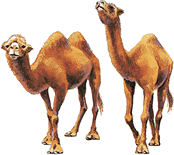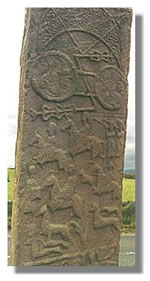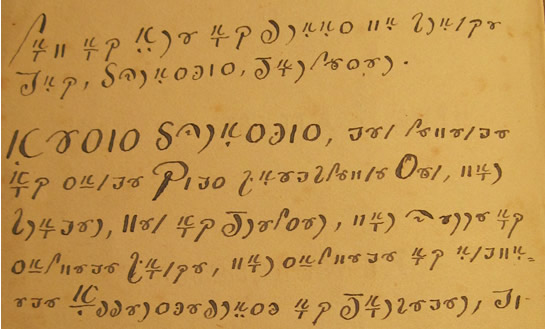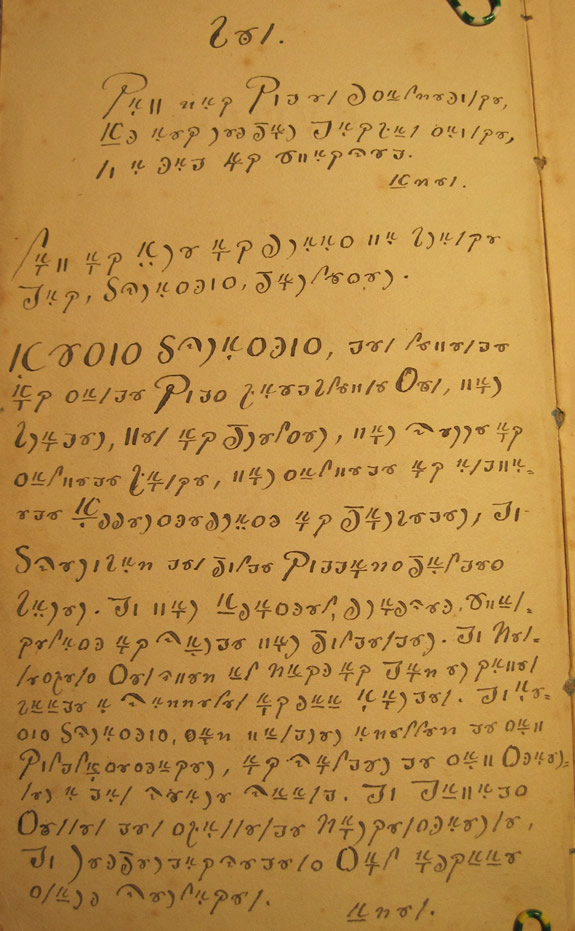Yesterday I came across some interesting discussion on Keith’s Voice on Extreme Language Learning about the hodgepodge approach to learning languages, which he describes as follows:
“It’s a kind of do-it-all approach and can be constructed in various ways. Absolutely no plan whatsoever is needed! Try some technique out and if you don’t like it you can just discard it. Then try something else. When you get bored with that, pick a new activity to go to work on. There’s one caveat though. Results will vary!”
This is pretty much how I learn languages, and the results certainly do vary. I don’t go in for plans or methods very much, and just try to practise all language skills – listening, speaking, reading and writing – as much and as often as possible. Often I think to myself that perhaps I should be a bit more systematic in my approach, but rarely do anything about it.
Keith goes on to explain why he’s not keen on this approach:
“For a language learner like myself, the hodgepodge method is unacceptable. We do not want varying results. We all want the same thing. The only standard of speaking a language is the native speaker. This is what we want to reach. This is the only acceptable result.”
Achieving a native-like proficiency in a language is certainly worth aiming for, however it may not be for everybody. Some people are happy to acquire a good reading ability in a language, others might be content with an ability to understand it, or to communicate in it at a basic level. It depends why you’re learning the language and what you want to do with it.
Are you a hodgepodger or do you use a particular method to learn languages?




